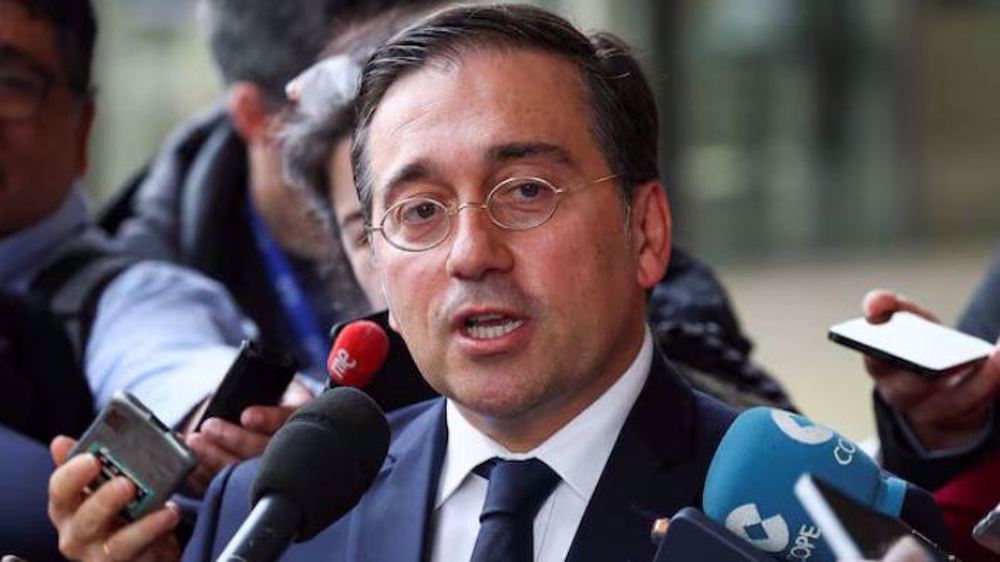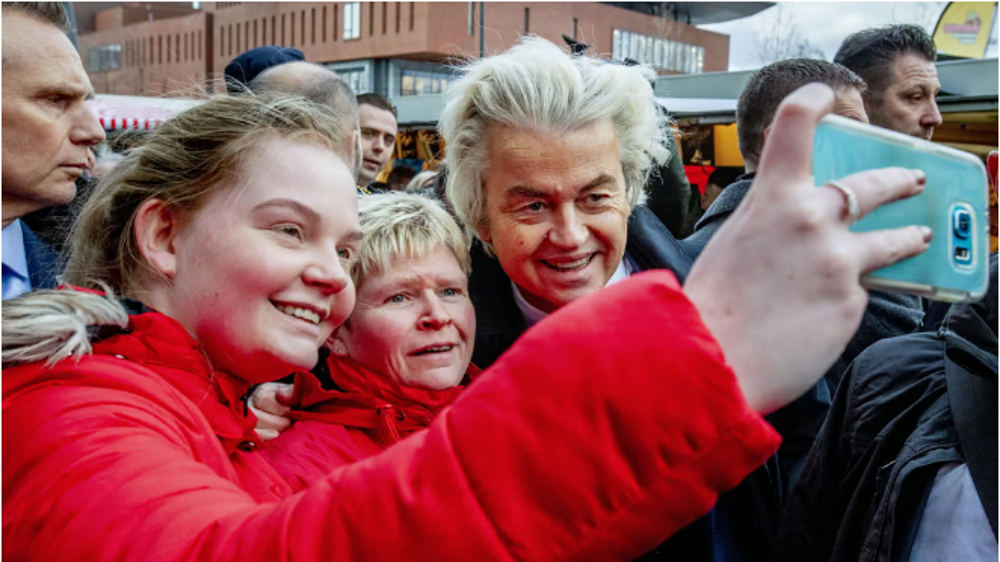EU agrees to extension of internal border controls
The European Union has agreed to extend border controls inside its visa-free travel area of Schengen by another three months.
The European Commission, the EU’s executive arm, recommended continued checks at the borders of Austria, Germany, Denmark, Sweden and non-EU Norway for three months beyond November 15, when the checks were due to end.
On Friday, the European Council, made up of the leaders of the 28 EU member states and the head of the European Commission, approved the proposal.
"The council has today adopted the commission's proposal to prolong proportionate controls at certain internal Schengen borders in Germany, Austria, Sweden, Denmark and Norway," the commission said in a statement.
European Commission Vice President Frans Timmermans said on October 25 that the border controls were needed to prevent secondary movements of “a significant number” of irregular refugees that still remained in Greece and in other member states.
Europe has been facing an unprecedented influx of refugees, most of whom are fleeing conflict zones in North Africa and the Middle East, particularly Syria. Last year alone, over a million refugees made their way into the continent. Many blame Western policies for the exodus of refugees from their home countries.
‘Theater of conflict in Brussels’
Also on Friday, Hungarian Prime Minister Viktor Orban, who opposes accepting a mandatory quota under the EU’s refugee-sharing quota plan, vowed to take his fight against the admission of refugees into the country to Brussels after the parliament rejected a constitutional amendment that bans the settlement of refugees.
"The theater of conflict is in Brussels. At home we did everything that we could. Our conscience is clear," Orban told state radio.
The premier said the bill was needed to honor an October referendum, where an overwhelming majority of the participants voted against the admission of refugees into Hungary. The referendum, however, was declared invalid due to the low turnout.
"We tried to put this (referendum decision) into the constitution but could not achieve this as the opposition sided with Brussels," Orban said.
On November 8, the bill failed to reach a required two-thirds majority in parliament after the far-right opposition Jobbik party boycotted the vote.

Jobbik said it would only support the amendment if the government quit a cash-for-residency scheme for wealthy foreigners.
"In the coming weeks and months, the government will continue the struggle to stop immigration... In this struggle, the opposition cannot be counted on," Orban said.
Hungary became a major transit country for refugees who attempted to enter Germany and other EU states last year. More than 386,000 refugees managed to cross before the closure of borders in October 2015.
Orban had adopted strict measures against the refugees, using razor wire fences and “border hunters” to prevent their entry.
Refugees who often cross the Mediterranean try to go through Greece, Macedonia, Serbia, Hungary, Croatia and Austria in an attempt to reach Germany or other wealthy European countries.
Ukraine says armed forces hit Russian cruise missile carrier in Crimea
Itamar Ben-Gvir promotes future Israeli settlements in Gaza
UN flag at half mast to respect martyrs of Iran’s copter crash
VIDEO | Lebanon: Resistance and liberation day
World shows support to ICC’s Gaza ruling as US, Israel spurn arrest warrants
Israeli forces kill 7 Palestinians in Jenin
Germany extends condolences to Iran over martyrdom of President Raeisi
VIDEO | Doctors’ dreadful account of Gaza










 This makes it easy to access the Press TV website
This makes it easy to access the Press TV website